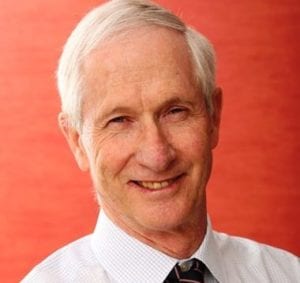A global consulting engineering firm plans to extend its footprint in Africa through building on local skills and experience in a range of technical fields vital to the continent’s sustainable development.
“Our expansion strategy is based on long-term investments in selected countries where we have identified the right local experts and a landscape of opportunity,” says SRK Consulting (South Africa) managing director, Peter Labrum. “This may mean there are no quick returns, but we can ensure our exacting standards are applied and capacity is continuously built over time.” The company’s service offering has steadily grown from an initial focus on mining to now serve sectors that include infrastructure, energy, local, provincial and national government, industry and agriculture. “The importance of environmental and social services – especially as they relate to stakeholder engagement – has become critical to the success of mining and infrastructure projects in recent years,” says Labrum.“Demand for our water expertise has also grown due to infrastructure requirements, especially in rural areas.”
He explains that there are also increased opportunities for project monitoring to ensure that implementation proceeds as planned, and achieves the expected impact, including the building of local capacity to strengthen sustainability. Challenging global economic conditions, aggravated by the recent Ebola epidemic, are making business in Africa difficult but there are signs that exploration activity is picking up in certain countries – which is likely to improve demand for various consulting services on the continent. Labrum emphasises the importance of African professionals and technical skills to drive economic development on the continent, spreading the benefits of investment and ensuring that primary industries like mining and energy could create a broader foundation for diversified growth. SRK Consulting has over 776 active projects on the African continent spread across 26 different countries.





